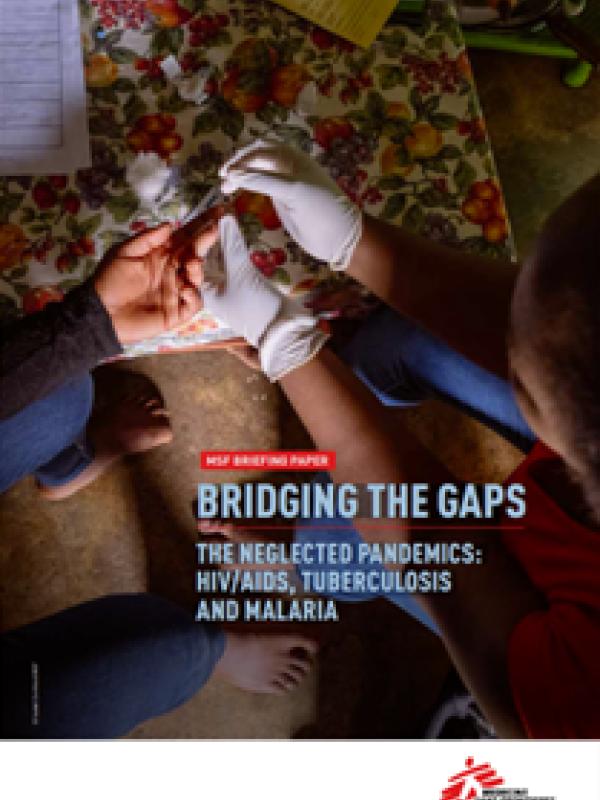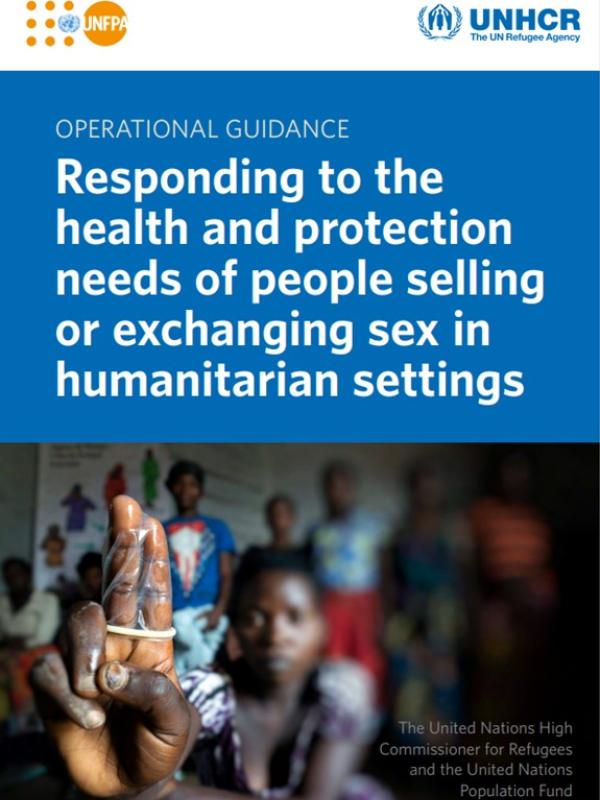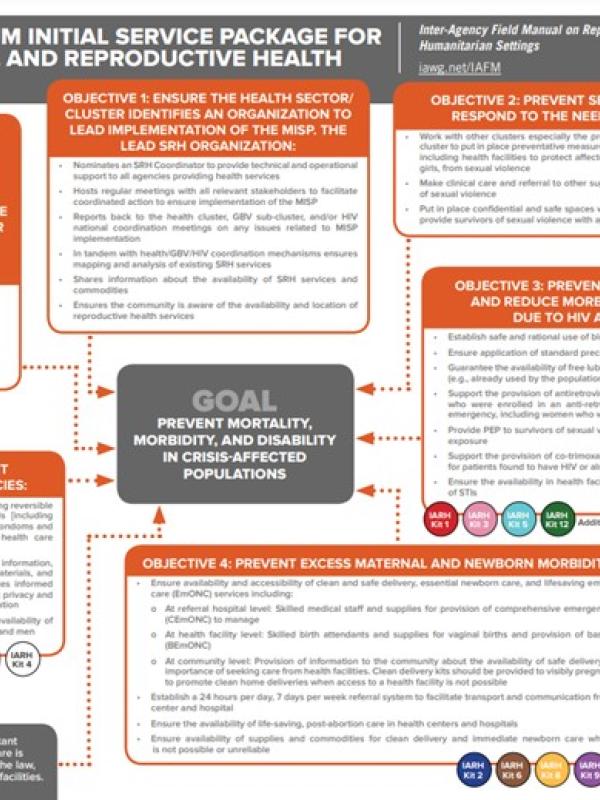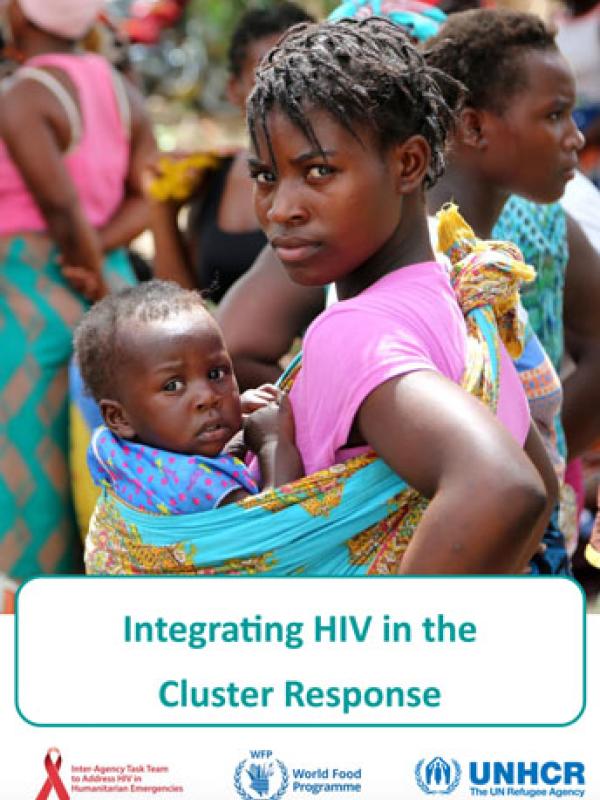Teams from Médecins Sans Frontières (MSF) around the world have seen worrying signs of a reversal in progress against all three diseases, compounded by the COVID-19 pandemic and economic difficulties.This briefing paper presents examples from seven countries: Central African Republic, Democratic Republic of Congo, Guinea, Mozambique, Myanmar, South Sudan and Uganda illustrating the consequences of the funding shortfall for MSF's patients. The briefing paper aims at encouraging donor countries to demonstrate their commitment with increased pledges at the upcoming Global Fund to Fight AIDS, Tuberculosis and Malaria (Global Fund) replenishment round.
Continue readingGlobal health sector strategies on, respectively, HIV, viral hepatitis, and sexually transmitted infections for the period 2022-2030 guide the health sector in implementing strategically focused responses to achieve the goals of ending AIDS, viral hepatitis B and C and sexually transmitted infections by 2030.
Continue readingPeople who sell or exchange sex in humanitarian situations have particular health and protection needs that are often not well addressed. This document provides operational guidance on how best to meet these needs, and ensure that people who sell/exchange sex have support, and access to quality, non-discriminatory health and protection services. The guidance provides practical advice for reducing risks and ensuring safety for people engaging in sale and exchange of sex in this context.
Continue readingThis document is a summary 2-pager describing the Minimum Initial Service Package (MISP) for Sexual and Reproductive Health (SRH) in crisis situations = crucial, lifesaving activities required to respond to the SRH needs of affected populations at the onset of a humanitarian crisis. It is available in English, French, Spanish and Portuguese.
Continue readingThe Inter-Agency Task Team (IATT) on HIV in Emergencies developed a series of guidance notes to provide HIV related programmatic advice to several of the clusters as they implement their critical coordination and support role in countries. The notes provide key HIV-related actions to be undertaken during various phases of an emergency with particular emphasis in the immediate aftermath. The Guidance further clarifies the needs of the most vulnerable groups and the importance of ensuring their safety and protection in emergency settings.
Continue reading



